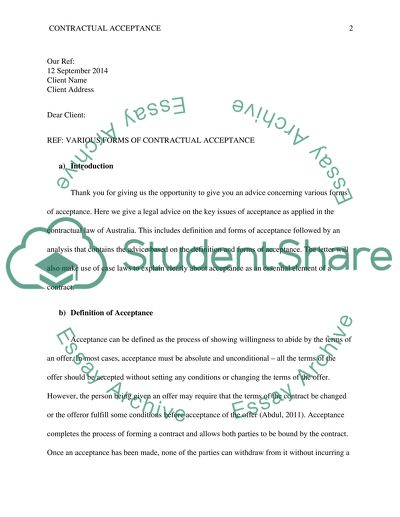Cite this document
(“LETTER OF LEGAL ADVICE Essay Example | Topics and Well Written Essays - 1750 words - 1”, n.d.)
Retrieved from https://studentshare.org/law/1656529-letter-of-legal-advice
Retrieved from https://studentshare.org/law/1656529-letter-of-legal-advice
(LETTER OF LEGAL ADVICE Essay Example | Topics and Well Written Essays - 1750 Words - 1)
https://studentshare.org/law/1656529-letter-of-legal-advice.
https://studentshare.org/law/1656529-letter-of-legal-advice.
“LETTER OF LEGAL ADVICE Essay Example | Topics and Well Written Essays - 1750 Words - 1”, n.d. https://studentshare.org/law/1656529-letter-of-legal-advice.


